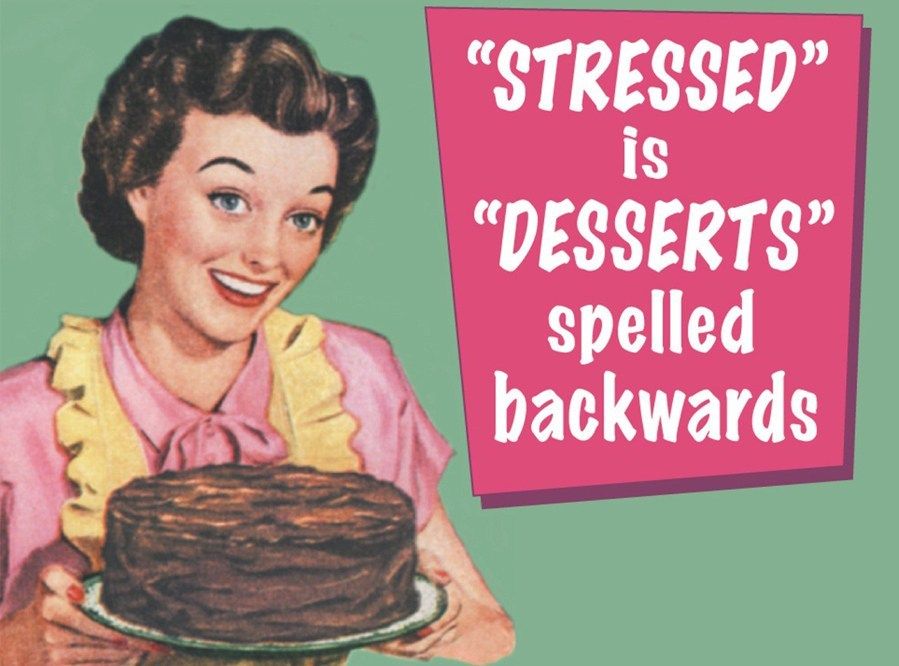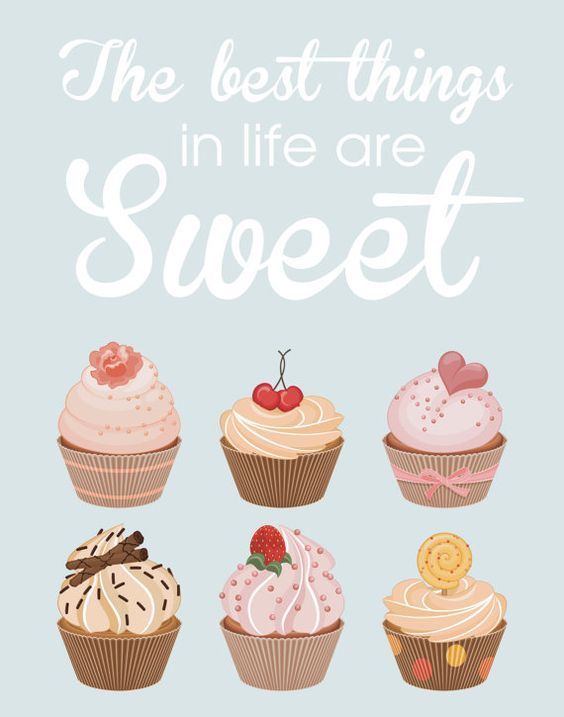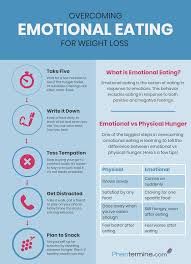Food Is Fuel. Not Therapy
Jun 06, 2019 • 73 views
Emotional eating is defined as the "inclination to eat in response to positive and negative emotions" as a psychological manifest to reduce stress {usually negative}. While the term emotional eating often refers to eating as a means of coping with negative emotions, it also includes eating for positive emotions such as eating foods when celebrating an event or eating more than one usually tastes in a party eating to enhance an already good mood. In these situations, emotions are still driving consumption but not in a negative way.We've all been there, finishing a whole packet of cookies out of boredom or downing pie after pie while studying for an important test. But when done a lot {especially without realizing it } emotional eating can affect health, weight, and overall well-being of an individual.

Most of us do not make the relation between our feelings and eating. But understanding what drives emotional eating can help people take steps to change it. Sometimes emotional eating is tied to significant life events, like a death or a divorce. More often, though, it's the many little daily stresses that cause someone to seek comfort or distraction in food. We all have our comfort foods.
Interestingly, they may vary according to gender and mood. A research study reveals that happy people seem to want to eat things like a burger, sandwich, while sad people prefer cakes, cookies, and ice cream. Bored people crave crunchy, spicy, and salty items, like chips. It also differs from gender as males prefer to eat hot, homemade, comfort meals such as biryani and girls go for desserts like ice cream and chocolates.
What is the difference between physical and emotional health?
The problem with emotional eating is that once the rapture of dining is gone, the feelings that cause it to remain, and we usually feel worse about eating the type or amount of food we did. Therefore it is essential to know the differences between physical hunger and emotional hunger.

Characters of physical health
·Comes on moderately and can be adjourned
·Can be contained with any amount of nourishment which
·Means that you are likely to stop eating when full
·It doesn't cause a guilty feeling
Characters of emotional health
·Feels sudden and urgent
·Causes particular cravings (e.g., for pizza or ice cream)
·A tendency to eat more than one usually eats
·Can cause guilt afterward

Following are some of the steps to protect yourself from binge eating –
·Understand why you want to eat and do some other productive works instead of eating.
·Mention the emotional triggers that make you eat more and try to avoid those the next time.
·Try Taking advantage of expert help such as the Counselors and therapists who can help you deal with your feelings, and therapists can give you diets which will make you eat less yet feel fuller for more time.
